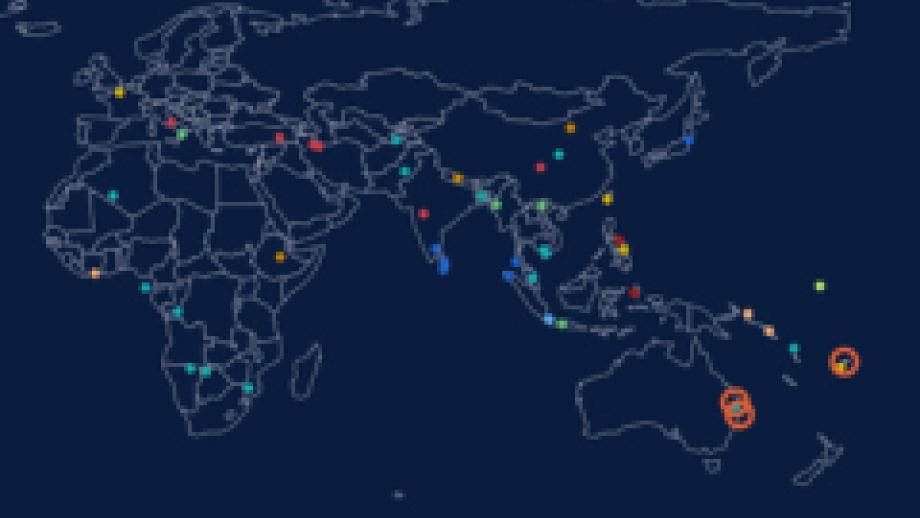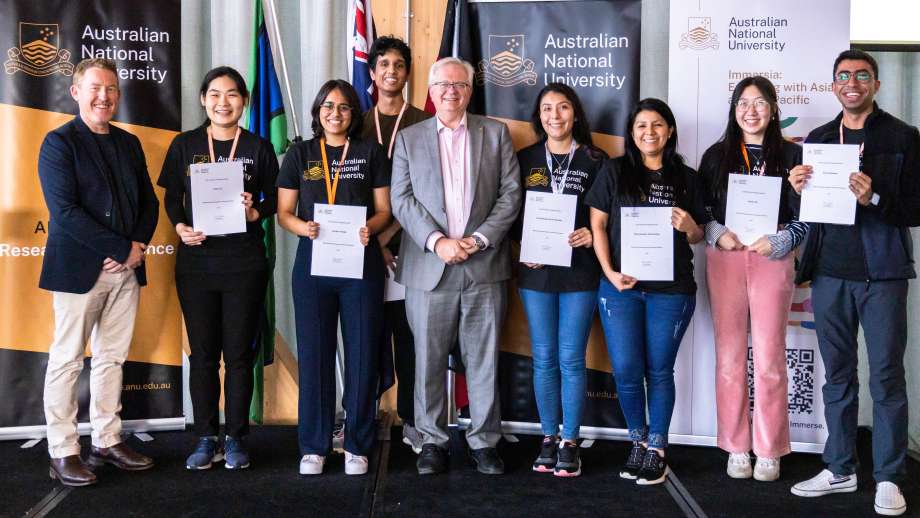The future is biological, not digital: Now innovate
Presented by ANU College of Science
Digital technology is today widely understood to be the most transformative creation by human beings and advancements in innovation are viewed as inevitably changing the way the world operates for the better. But this is a myopic view of humanity, the planet and the future. The next era of innovation requires a rejection of this imminent surrender to a dystopian digital future. If the global pandemic has taught us any lessons, surely the most important is the need to recognise that in the next chapter of human awareness and development "the future is biological and not digital". Human beings will need to desist the march of the algorithm and its capture of human societies. This will require bold innovations.
Chandran Nair will outline his views on why the future is biological and not digital, bringing together existential threats of climate change together with the future of work, the role of purposeful technology and food and security issues. He will outline why we need to move from our obsession with the Industrial Revolution 4.0 (IR4.0) to Insured Resilience 1.0 (IR1.0) based on the scientific reality that the future hinges on managing the biological realm of our existence.
Chandran Nair is the Founder and CEO of the Global Institute For Tomorrow (GIFT), an independent pan-Asian think tank based in Hong Kong and Kuala Lumpur focused on advancing a deeper understanding of global issues including the shift of economic and political influence from the West to Asia, the dynamic relationship between business and society, and the reshaping of the rules of global capitalism. He is a Member of the Executive Committee of The Club of Rome, a member of WEF's Global Agenda Council on Governance for Sustainability and Experts Forum, as well as a Fellow of the Royal Society of Arts.
____________
The Responsible Innovator Lecture Series is organized by ANU Responsible Innovation Lab.
The series is designed to initiate new conversation around the responsibility of innovators as they imagine, design, build and deploy new technologies. Distinguished innovators and academics from around the world share lessons from their own projects helping engineers and scientists understand the complexities around new technologies.
To see the list of speakers in 2022 and watch the recording of the previous events, please visit the RI-Lab website at www.InnovateResponsibly.org
Location
Speakers
- Chandran Nair
Contact
- Ehsan Nabavi



